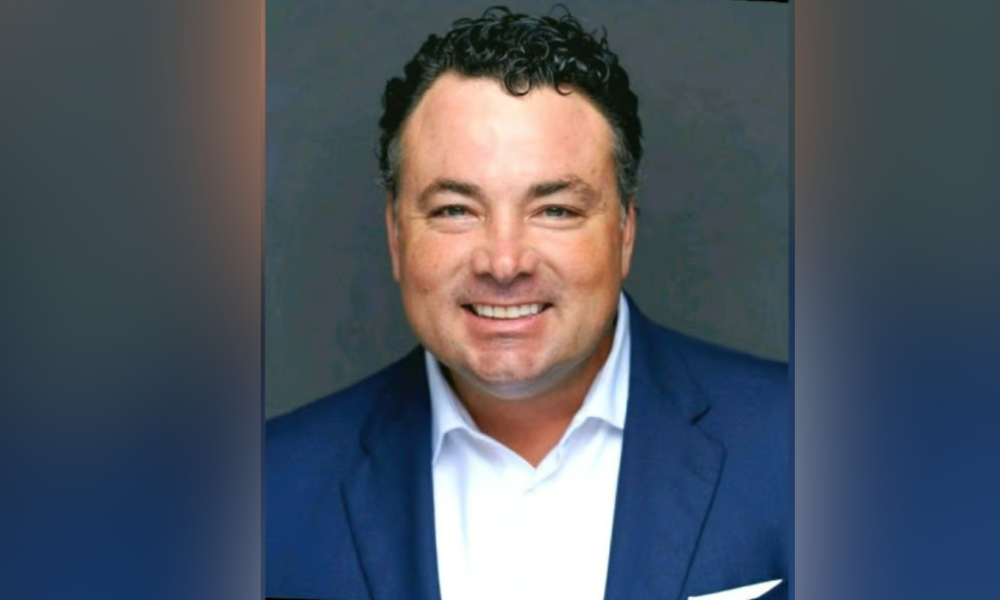Discover how brokers can use non-QM loans to serve investors, self-employed, and non-traditional borrowers in a challenging market

Despite the overall headwinds in the mortgage market in 2025, the non-QM space continues to have a strong year. Borrowers seeking investment properties, unique lending solutions, or those unable to qualify for agency loans have helped keep the non-QM sector strong.
Tom Davis (pictured top), chief sales officer at Deephaven Mortgage, believes it is important for mortgage brokers to have access to non-QM loan options to serve customers who might not fit into a conforming agency loan. And he tells brokers that those borrowers are everywhere.
“I would tell you that there's always been this misconception, ‘Well, we don't really run into these borrowers,’ or ‘We don't really have these types of borrowers in our town,’” Davis told Mortgage Professional America. “And the reason that's a misconception is because there are investors in every town in the United States.”
Davis views investor transactions as a significant part of the market, and they often come from individuals with unique financial situations.
“One out of every four deals was an investor transaction last year,” Davis said. “There's high income, high net worth. There are credit event borrowers. We have over 40 million people who were not born in the United States, that’s 14% of our population. There are 18 million self-employed people in the United States who account for 30 million businesses.”
Challenges of non-QM loans
Because non-QM borrowers often rely on non-W2 income, lenders have to sort through a borrower’s file when working to qualify them for a loan.
“And unlike the agencies, non-QM takes a look at the bank statement income, and takes a forensic view on the cash flow of the personal or business bank statements to understand the actual cash flow,” Davis said. “It gives you a really forensic view into the borrower or the business from a cash flow standpoint.”
Because these loans don’t fit into the Fannie Mae or Freddie Mac ecosystem, it takes extra scrutiny in the underwriting process, according to Davis.
“I would say with non-QM, 25% to 30% of deals are done by exceptions,” he said. “With agency, you can’t do exception-based lending, or you have a repurchase. So it comes down to common sense underwriting: compensating factors, assets, lower LTVs, time on the job, residual income, and those sorts of things.”
Managing risk
Davis said one thing the non-QM space has done well is managing risk in lending. Experienced companies like Deephaven have been working in the space long enough to understand the type of deals that can be completed without opening themselves up to a risky loan.
“What the non-agency side has done a good job of is just managing risk, for the most part,” he said. “If there are pockets of types of production that aren’t performing, usually you see originators or lenders pull back on these products, because the bonds will not trade favorably. So investors won’t pay up.”
One of the reasons that the industry has improved is the use of technology and artificial intelligence. Davis said not only is that helping companies review borrowers more thoroughly, but also more quickly and at a reduced cost.
Industry veterans are urging smaller mortgage brokers to prepare now for an anticipated refinance surge, despite 2025's expected rate decline not materializing yet. https://t.co/ALzPkZirs8
— Mortgage Professional America Magazine (@MPAMagazineUS) July 21, 2025
“All the pricing engines, the AI is being leveraged in the non-agency space,” Davis said. “I would say five years ago, it would take four hours to underwrite a bank statement type of loan to look at all the deposits. Now, there’s technology that can just go through all the deposits and give you a quicker turnaround on the income. It still requires the underwriter to verify the income, but you’ve seen improvements and enhancements on the tech side.”
Ultimately, Davis hopes that non-agency lending will continue to leverage new technology to keep the industry safe and free from mortgage fraud.
“I think for the most part, the industry has done a really good job managing risk and driving quality paper,” he said. “I think we have to be diligent and continue to be diligent, not just as a non-QM or non-agency, but in the mortgage industry. So, we don’t have a repeat of what we saw in 2008. We’ve got to be diligent to protect the house and protect the industry.”
Stay updated with the freshest mortgage news. Get exclusive interviews, breaking news, and industry events in your inbox, and always be the first to know by subscribing to our FREE daily newsletter.



